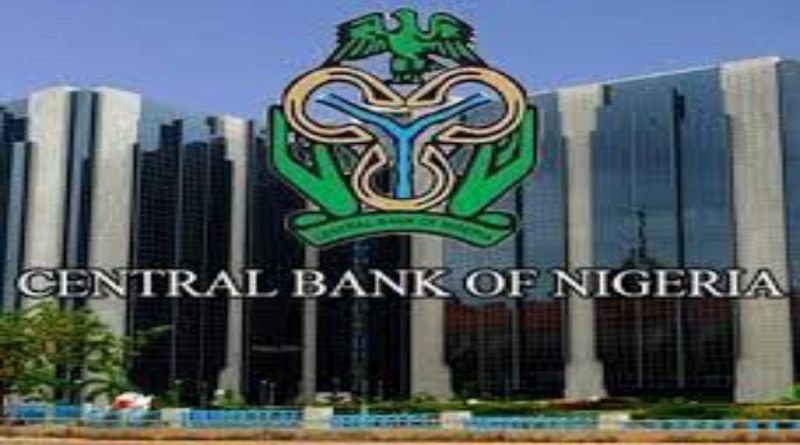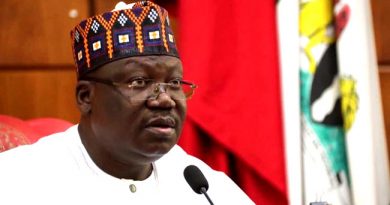CBN reduces lending rate to 11.5% …Worried by worsening insecurity, low food production
The Monetary Policy Committee of the Central Bank of Nigeria CBN rose from its 275th meeting, being the fifth of the year on Tuesday with a decision to reduce the Monetary Policy Rate (lending rate) from 12.5per cent to 11.5per cent.
Recall that the committee had in its meeting in July 2020 meeting retained the MPR at 12.5per cent while the asymmetric corridor of +200/-500 basis points was also retained even as CRR was left at 27.5per cent and the Liquid Ratio was also kept at 30per cent
The Chairman of MPC and Governor of the CBN, Mr. Godwin Emefiele made the disclosure at a virtual media briefing after the meeting.
According to him, the committee retained all other policy parameters, except the asymmetric corridor that changed from +200 and -500 basis points to +100 and -700 basis points around the MPR.
The liquidity ratio was left at 30per cent and Cash Reserve Ratio CRR retained at to 27.5per cent.
Emefiele said the decision to reduce the MPR was to sustain ongoing economic recovery efforts and arrest rising inflation (currently at 13.22per cent as at August 2020), attributing same to structural weakness and supply shocks.
He projected that Nigeria will enter a V-shaped recession, meaning it be entered into and exited almost immediately.
The committee also expressed the view that employing traditional monetary policy measures to curb current inflationary pressure may prove ineffective and as such intervention programs towards stimulating production in the agricultural and manufacturing sectors are more likely to increase output and lower prices.
It also appraised the situation in the financial market, considering the impact of dwindling capital flows on the yield environment. Furthermore, the committee took note of the improvements in the performance of the equities market since Q2:2020, citing it as a signal of prospective medium-term economic recovery.
The committee recognised the increase in aggregate credit while encouraging further expansion in credit particularly to employment generating sectors of the economy to hasten growth recovery.
In reaching these decisions, the committee examined major factors working against output growth and issues spurring inflationary pressure within the domestic economy. The committee noted the prevalence of security challenges in the country’s food-producing regions, adverse climatic conditions resulting in incessant flooding, the energy sector deregulation (increase in PMS pump price and move towards cost-reflective electricity tariffs), low crude oil prices and exchange rate adjustments as major headwinds. The Committee also noted the increase in aggregate credit but further encouraged that more credit should be channeled to employment generating sectors to hasten the recovery of the economy. “We expect the decisions reached to further ease up system liquidity. Based on the fact that the lower asymmetric corridor implies lower rates on the standing lending and deposit facilities, we expect lower funding costs for banks. In the fixed income space, we see yields trending lower as liquidity makes way into the market”, the CBN Governor also said.
(Business and Transport)




